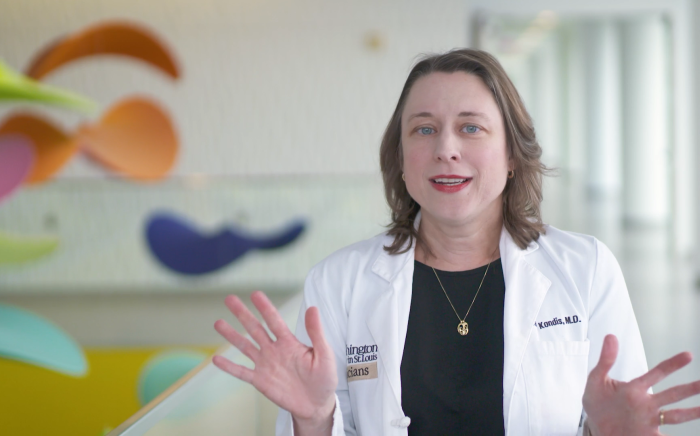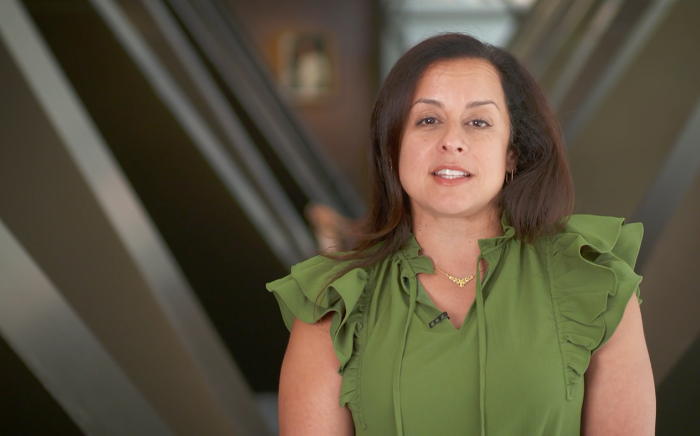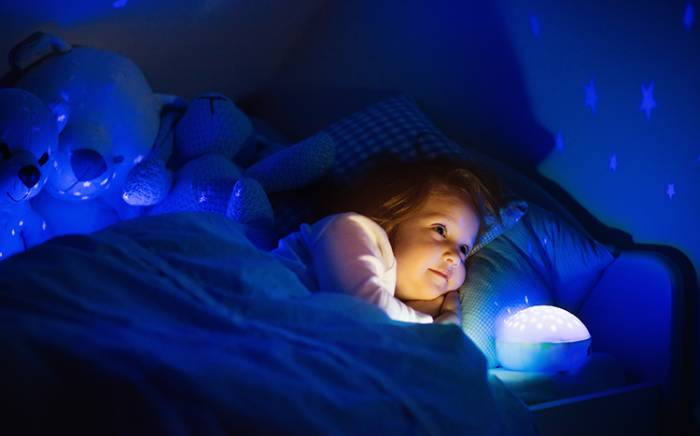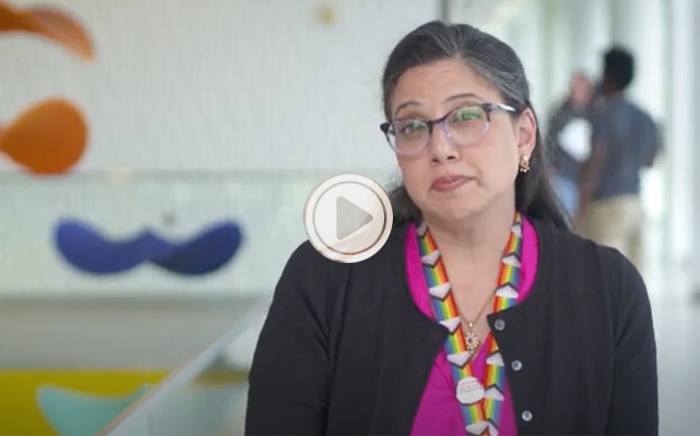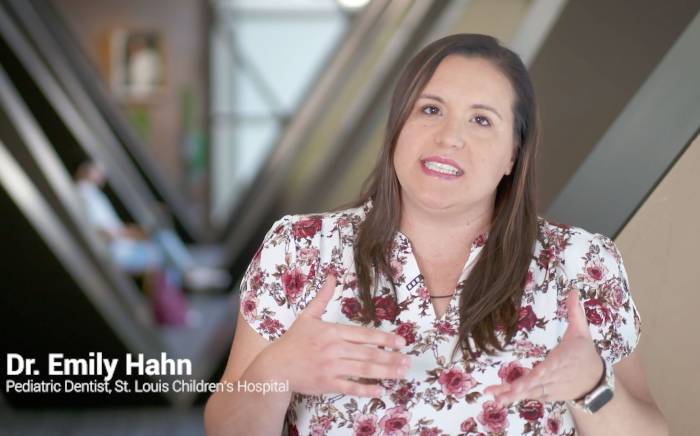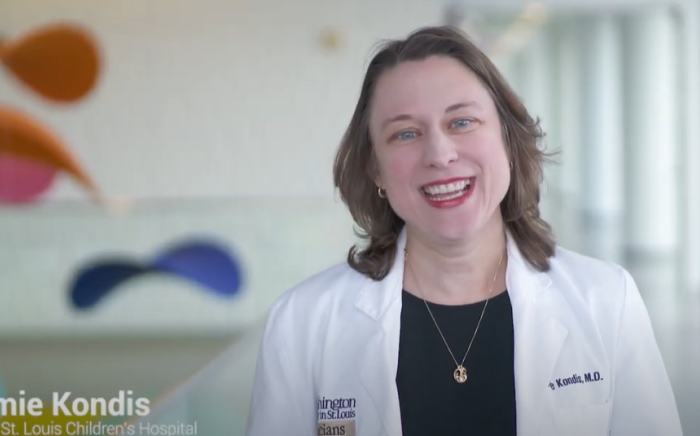Postdoctoral fellows have the opportunity to individualize their training experience based upon their interests and goals in order to refine existing skills and develop greater expertise to prepare for a career of their area of specialty. These individualized training plans will be developed with the Training Director, with input from supervisors and the Department Director, prior to the beginning of the training year. Availability of clinical opportunities (both specializations and elective rotations) may vary year to year based upon service volume, faculty availability, and make-up of the fellow cohort. The fellowship positions offer flexibility in how clinical opportunities are dedicated. All rotations are either 6 months or a year-long. Fellowship positions could be more generalists or specialized (e.g. dedicated solid organ transplant fellowship, dedicated hematology/oncology fellowship).
Primary Specialization:
- Solid Organ Transplant/Cardiology/Dialysis: St. Louis Children’s Hospital is one of the pioneers in pediatric organ transplantation and remains one of the most active transplant programs in the world. The fellow will conduct pre-transplant psychological evaluations with children and families who are preparing for lung, heart, liver, kidney, or multi-organ transplant. The fellow will have the opportunity to follow the family through the transplant process, both inpatient and outpatient. Additionally, fellows will have the opportunity to work with patients on dialysis in coping with their chronic medical condition. Fellows will participate in multidisciplinary cardiac neurodevelopment clinic, at least monthly but up to three times a month. Fellows will have the opportunity to work with both inpatients and outpatients with various types of congenital heart disease. Typical issues addressed include coping with diagnosis, illness adjustment, behavioral concerns, anxiety, adherence and palliative care. Consultation with the multidisciplinary medical teams and attendance at multidisciplinary team meetings are integral parts of this rotation. Supervisor: Dr. Mayersohn.
- Hematology/Oncology: The pediatric hematology/oncology program at St. Louis Children’s Hospital is the largest comprehensive program for children with blood diseases or cancer in the region. The fellow will follow children who have received a cancer diagnosis through inpatient and outpatient evaluation and treatment. The fellow will play an active role in weekly psychosocial oncology rounds. There is an opportunity to do pre-bone marrow transplant (BMT) evaluations and follow families through the BMT process to address adherence and adjustment issues as needed. Typical issues addressed include coping with a new diagnosis, illness adjustment, behavioral concerns, anxiety, and palliative care. Supervisor: Dr. Foster.
- Medical Consultation/Liaison: The fellow will provide inpatient consultation/liaison services at St. Louis Children’s Hospital. This service will include diagnostic interviews, ongoing inpatient psychotherapy, consultation with medical teams, attendance at care conferences, and multidisciplinary rounds. The variety of inpatient consults seen is typical of a pediatric psychology consultation/liaison service in a tertiary care center. Assignment of cases can be tailored to the fellow’s training needs and interests. Appropriate inpatient cases will transition to the fellow’s outpatient psychotherapy clinic. Supervisor: Dr. Skedgell.
Required Clinical Activities
- Outpatient Pediatric Psychology Clinic: Fellows will manage a small caseload of outpatients to continue to build a strong foundation of child clinical and pediatric psychology diagnostic, interview, and intervention skills while allowing the fellow to focus on areas of clinical interest or need. The fellow’s outpatient psychotherapy clinic will consist of patients that have been referred from medical rotations or from community pediatricians. Supervision is typically provided in cognitive-behavioral, acceptance and commitment, and family systems intervention strategies with special attention to evidence based techniques. Case supervisors are selected based on their area of expertise relative to the patient’s presenting problem. Supervisors: Drs. Allen, Foster, Klein, Maixner, Mayersohn, Pike, Shelton, Thompson and Sirl.
- Craniofacial/Cleft-Palate Clinic: Fellows will participate in this multidisciplinary clinic conducting brief psychosocial assessments with children with cleft palate and other craniofacial anomalies and providing anticipatory guidance. The multidisciplinary team consists of representatives from surgery, speech pathology, audiology, genetics, ENT, orthodontics, and dentistry. The fellow will participate in rounds at the end of clinic, reporting relevant findings and assisting in determining treatment recommendations. Fellows will also provide clinical supervision to graduate students who participate in this clinic. Fellows may follow children from this clinic in their outpatient psychotherapy clinic for assistance with presurgical preparation, behavioral/emotional adjustment, and peer issues. Supervisor: Dr. Cradock.
Minor Elective Clinical Experiences:
The fellow can elect to choose a minor area of clinical focus.
- Pain: The fellow will have the opportunity to work with children and adolescents with acute or chronic pain. The fellow will work closely with The Division of Pediatric Gastroenterology, Hepatology, and Nutrition for treatment of abdominal pain and Pediatric Neurology Services for treatment of headache pain. Additionally, the fellow will participate in treatment of complex pain issues through the St. Louis Children’s Hospital Multidisciplinary Pain Management Clinic. The fellow has access to and will utilize biofeedback in treatment of pain in addition to gaining experience with assessment techniques and cognitive behavioral pain interventions. Supervisors: Drs. Pike, Shelton and Thompson.
-
Gender Health Rotation: Psychology fellows will have the opportunity to provide gender affirming consultative and brief intervention services to gender diverse children and their families. As a psychology fellow, you may also have the opportunity to write letters of support for gender diverse patients seeking gender affirming medical intervention. Psychology fellows will also increase their understanding of gender identity development as well as the impact of gender dysphoria on mood and behavior. Finally, the fellow will work as a member of a multidisciplinary team which includes medical providers, behavioral health providers, education liaison, and clinic staff. Supervisor: Dr. Maixner
-
Sleep: Fellows will gain experience with the assessment and interventions for common pediatric behavioral sleep concerns, such as insomnia, circadian rhythm disorders, parasomnias, and PAP desensitization and adherence promotion. Some opportunities will exist for ongoing sleep-focused outpatient therapy, although this rotation emphasizes brief behavioral intervention. Experiences will primarily occur within the context of the SLCH Multi-disciplinary Sleep Clinic, where fellows would collaborate on patients’ sleep care with sleep technicians and sleep physicians from neurology, pulmonology, and ENT. Supervisor: Dr. Krietsch.
-
Other areas of clinical focus may be available throughout the training dependent upon fellow interest and experience, supervisor availability, and service line availability. Some previous (potential) clinic areas may include, but are not limited to: Adherence, Pre-Surgical Evaluations, Newborn Medicine and Endocrinology.




